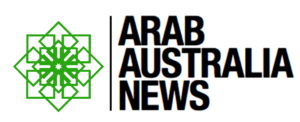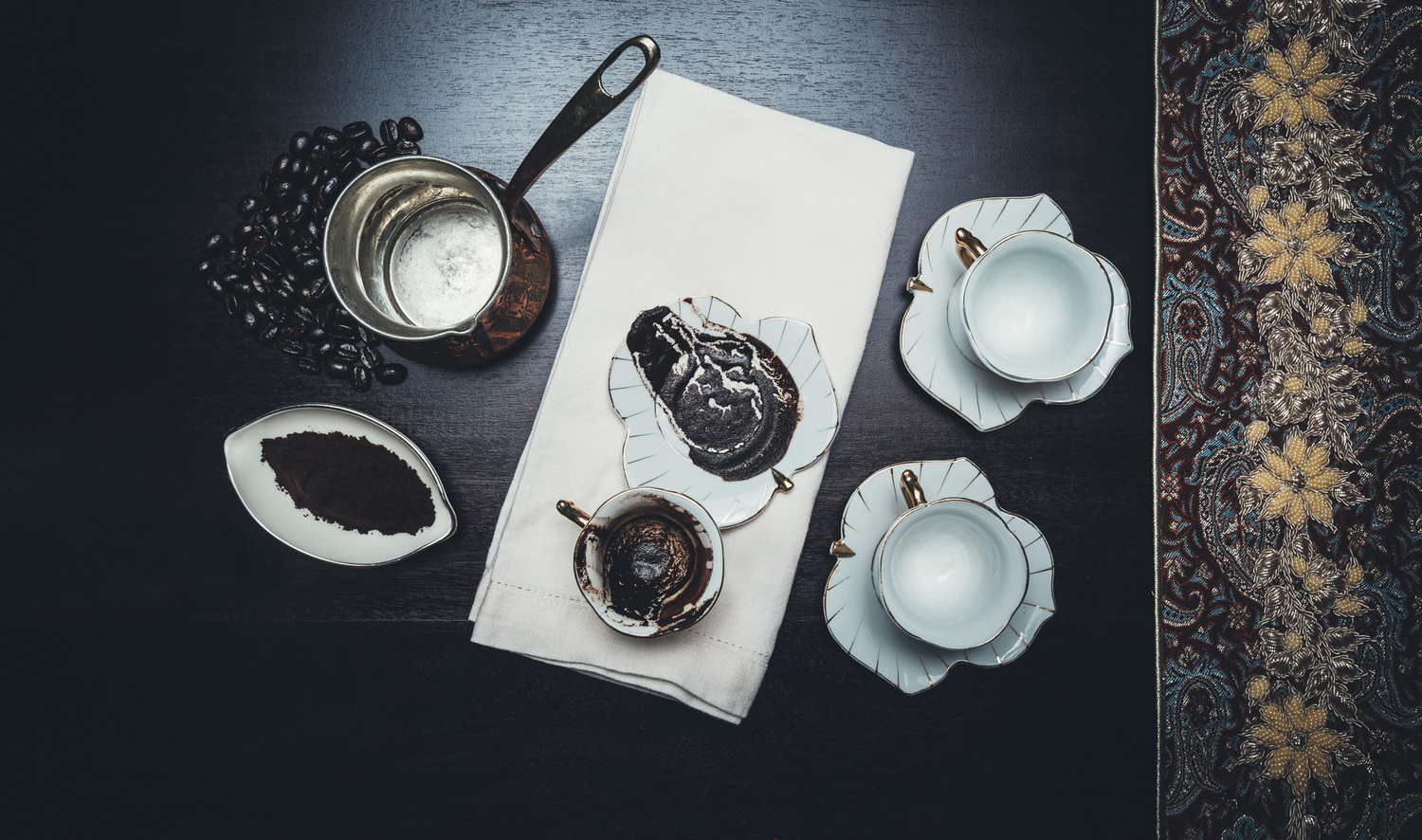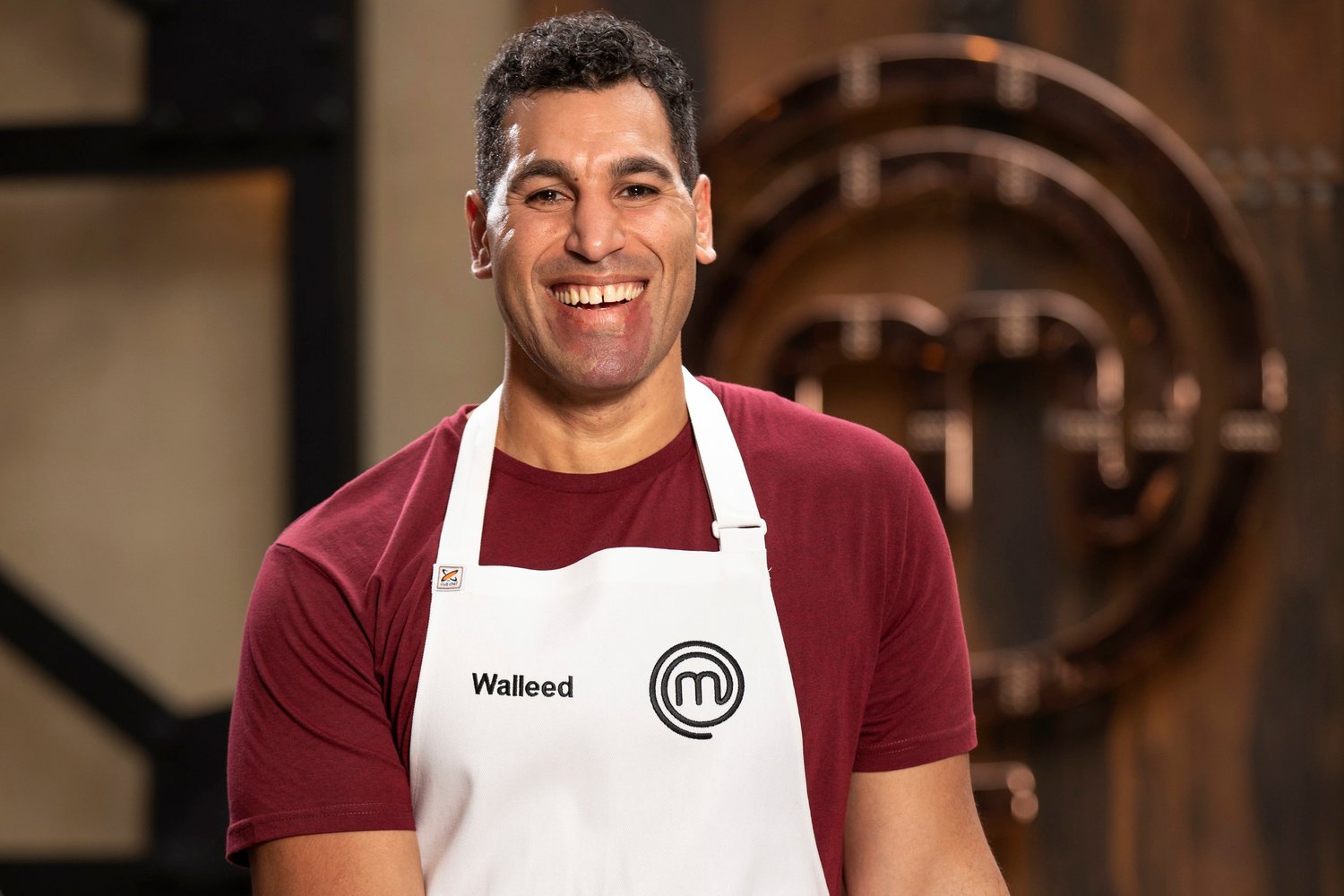Amani Haydar,Archibald Prize finalist, says art was my favourite subject but at home art-making went underground. While other year 9 girls hid cigarettes and boyfriends, I hid my creativity. I studied all afternoon so I could work on my art unmonitored and unjudged in the night. Sometimes I even stayed up after fajr prayers to work on my visual arts projects or decorate my school-issued homework diary. Instead of tasks and deadlines I filled the diary with bubble writing and rap songs. Some pages were filled with hand-lettered Eminem lyrics, and others were a montage of magazine cut-outs, photos of friends and glued-in high school ephemera. I scrapbooked notes passed around in class and invitations to parties I was not allowed to attend.
‘This is vandalism,’ from her teacher’s viewpoint when she confiscated the diary because schoolmates marvelling over its rainbow pages had disrupted her class.
She was too young to understand that her parents were trying to remedy their losses and anxieties through me. They were grieving a homeland they had started to realise they might never see again, even though the occupation had ended and others had returned.
‘We stayed here. I disciplined my mind and self-soothed with positive mantras: fake it till you make it. I redeemed myself at the end of that year with a better report in which one teacher wrote, Amani is a cheerful student.’
Maybe high expectations got me to the moon. But where do we draw the line between expectation and abuse? When I have confidential conversations with women whose parents did not let them read fiction or draw, they tell me their stories with a profound sense of loss. They do not say, ‘Alhamdulillah, I learned long division instead!’ They yearn for the joy and individuality they felt when they were making inimitable marks with crayons and pencils. They tell me their father hit them a few times, and their mum feared him, but they would not dare speak openly about that.
I keep their secrets, but I do them justice by sharing mine.
We know that our parents made sacrifices. We know that they compromised their moons, believing they were sending us to the stars. But in their desperation to recover from homeland wars and see us rebuild what they had lost, they conscripted us to battles that had already stopped making sense.
I have been giving myself permission to make art professionally and it has been liberating. Still, I worry that by leaving one mould I am being poured to set in another. I admire artists who make art for art’s sake and I think of how long I have waited for the freedom to create. Yet I struggle with guilt when I paint a still life or just flowers. What does it mean to paint a teapot or a pot plant when the world is falling apart around you?
Am I entitled to the pleasure and privilege of painting flowers? Can I paint golden banksias and intense cobalt skies if I am also painting banners that shout, ‘Stop violence against women!’ and documenting three generations of pain? If I write or paint about something other than abuse or hyphenated identities, will it still be art?
I answer those questions for myself: everything is political, even painting flowers. Every mark or gesture is a rebellion against parental expectation, control and unforgiving violence. By giving myself permission to indulge, to break away from the full-time jobs of breaking stereotypes and revisiting garish memories to teach unteachable things, I give myself permission to exist outside of what is meant to define me.
Sometimes I just want to paint flowers.
There is a power in painting both the light and the dark in life, the traumatic and the trivial. It says: we are here, our stories are real. We deserve to have them heard.









